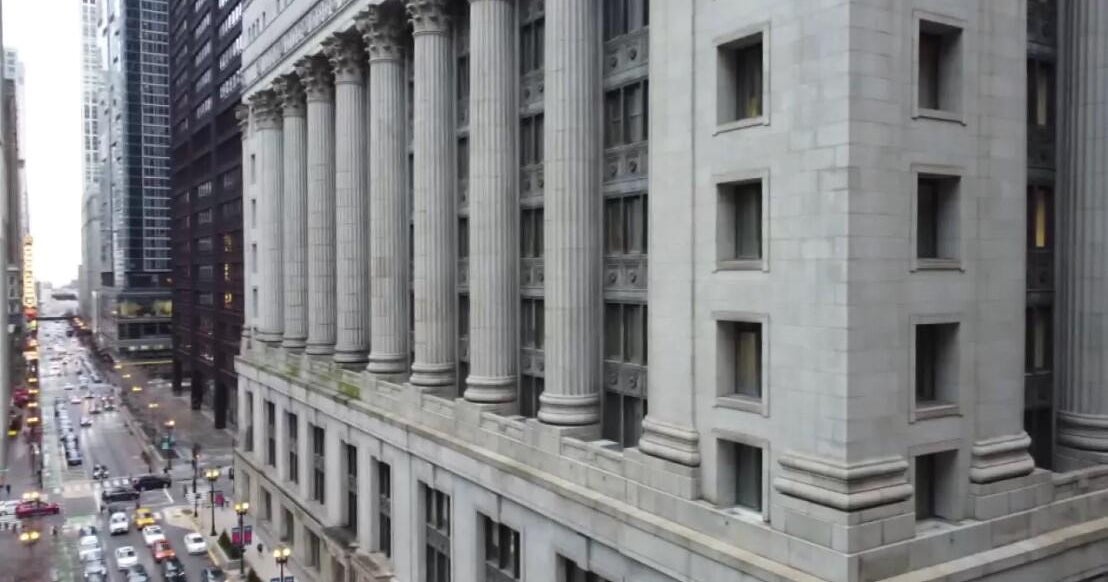Field Museum Studying Martian Meteorite
CHICAGO (CBS) -- Scientists at the Field Museum have been studying a meteorite from Mars that could lead to a demotion of the Red Planet.
Meteorite curator Philipp Heck said the museum has received more than half pound of Martian rock, soil and atmosphere from a meteoroite which fell over the Moroccan town of Tissint in July 2011.
The priceless find was immediately tracked down by Lake Forest meteorite hunter Terry Boudreaux, who has turned it over the Field Museum for study.
Scientists Study Mars Meteorite
Heck, a cosmo-chemist, said he'll share some of the Martian meteorite with his University of Chicago colleague, Nicolas Dauphas, who'll analyze the material to test his idea that Mars isn't really a full-fledged planet, but only a planetary embryo.
Dauphas believes Mars developed much more quickly than Earth, and didn't' have enough time to bulk up and turn into a full-fledged planet. He'll test some of the Martian soil to test his hypothesis.
"We can get high-precision chemical analysis of the chemical composition. We can measure the isotopic composition of this rock," Heck said.
Those kinds of tests cannot be accomplished by the Curiosity rover that has been exploring and drilling on Mars.
The Field Museum meteorite material weighs 321 grams; about 11.3 ounces. It's black, shiny, and made out of basalt – volcanic rock, as seen on earth.
A plus with the meteorite is it fell to Earth containing not only rock, but Martian soil, and minuscule bubbles of Martian Atmosphere.
The rock is not on public display now, but will be after initial testing.







